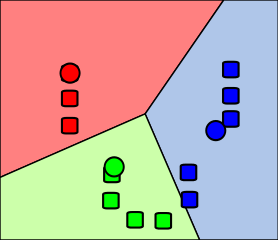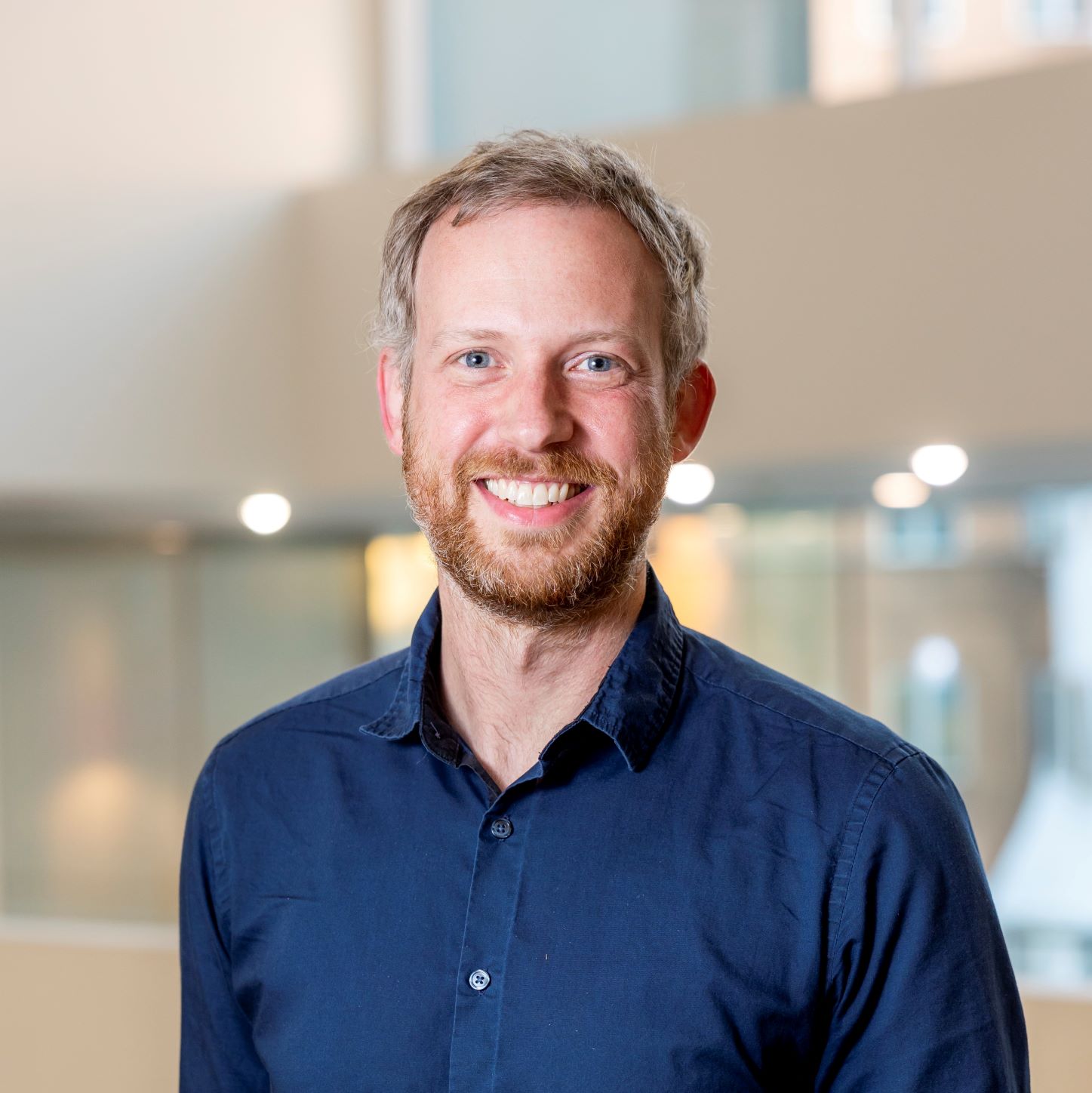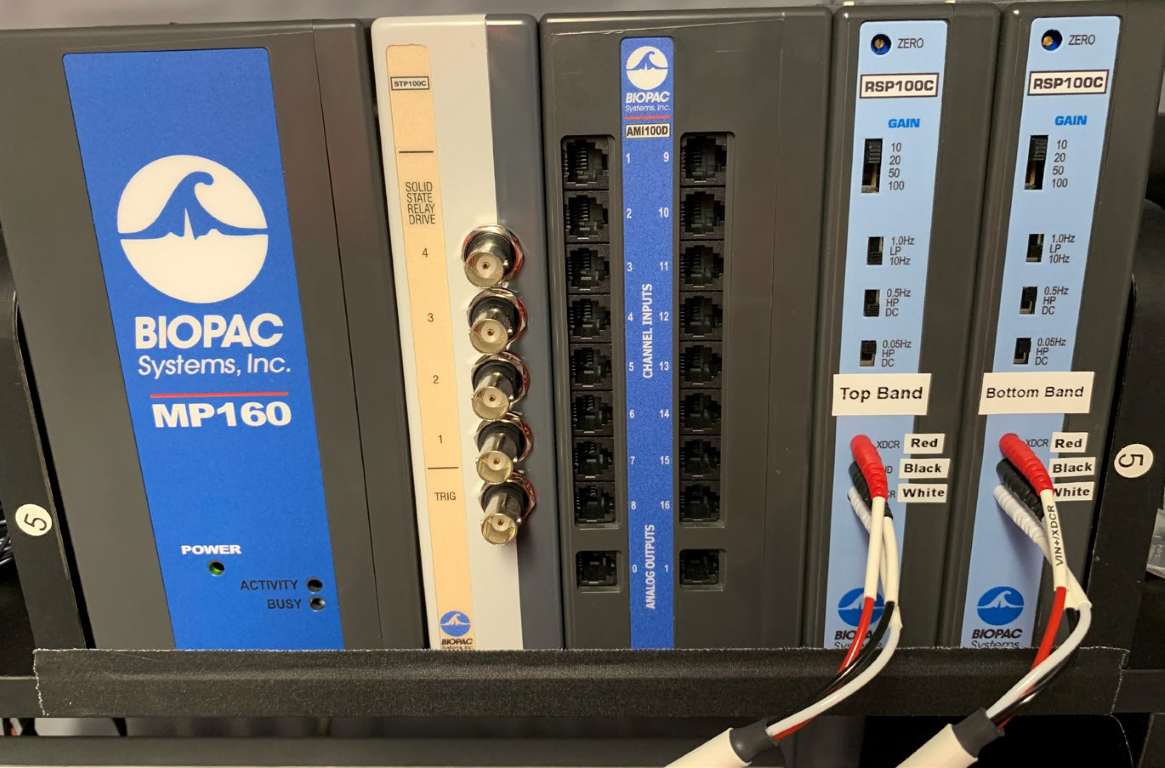About
The Cornell Phonetics Lab is a group of students and faculty who are curious about speech. We study patterns in speech — in both movement and sound. We do a variety research — experiments, fieldwork, and corpus studies. We test theories and build models of the mechanisms that create patterns. Learn more about our Research. See below for information on our events and our facilities.

Upcoming Events

7th September 2022 12:20 PM
PhonDAWG - Phonetics Lab Data Analysis Working Group
We'll do a k-means clustering tutorial and then apply it to Chloe's tensification data.
Be sure to bring laptops with MATLAB installed.
Location: B11 Morrill Hall9th September 2022 12:20 PM
Phonetics Lab Meeting
Progress-updates around the room. Be prepared to report recent successes and struggles.
Location: B11 Morrill Hall
14th September 2022 12:20 PM
PhonDAWG - Phonetics Lab Data Analysis Working Group
The k-means clustering tutorial will continue, and we'll use Chloe's data as an example.
Location: B11, Morrill Hall
16th September 2022 11:20 AM
Invited Speaker Dr. Cory Shain to lecture on Incremental Story Comprehension in the Human Brain
Cornell's Computational Psycholinguistic Discussions Group will host a virtual talk by Dr. Cory Shain (MIT), who will speak on Incremental Story Comprehension in the Human Brain.
Abstract:
A major goal of psycholinguistics is to understand the mental algorithms that enable human language comprehension. But the component processes are challenging to isolate experimentally. As a result, researchers are increasingly complementing controlled experiments by evaluating word-by-word predictors from computational cognitive models against data from humans processing naturalistic language input.
In this talk, I will present two such studies evaluating theoretical predictions of language processing demand against brain activity during naturalistic story listening in a large fMRI cohort (n=78). These studies address three core outstanding questions:
(1) Does sentence comprehension involve rich syntactic structure building?
(2) Is structural integration (in working memory) dissociable from prediction?
(3) Are the neural mechanisms that support prediction and working memory for language shared with other domains of cognition?
Based on results from rigorous model comparisons, I will argue that the answers are respectively yes, yes, and no: the evidence supports rich syntactic structure processing during passive story listening, robust dissociation of structural integration from predictive processing, and a primarily language-selective neural locus for these effects, with no evidence that domain-general neural circuits are recruited for either prediction or structural integration.
Bio: Cory Shain studies language learning and processing in the mind and brain using experimental methods, computational cognitive models, and deep learning. He received his BA (2009), MA (2009), and PhD (2021) in linguistics from Ohio State, where he studied under William Schuler and Micha Elsner. He is currently a postdoctoral researcher in Brain & Cognitive Sciences with Evelina Fedorenko at MIT.
Location:
Facilities
The Cornell Phonetics Laboratory (CPL) provides an integrated environment for the experimental study of speech and language, including its production, perception, and acquisition.
Located in Morrill Hall, the laboratory consists of six adjacent rooms and covers about 1,600 square feet. Its facilities include a variety of hardware and software for analyzing and editing speech, for running experiments, for synthesizing speech, and for developing and testing phonetic, phonological, and psycholinguistic models.
Web-Based Phonetics and Phonology Experiments with LabVanced
The Phonetics Lab licenses the LabVanced software for designing and conducting web-based experiments.
Labvanced has particular value for phonetics and phonology experiments because of its:
- *Flexible audio/video recording capabilities and online eye-tracking.
- *Presentation of any kind of stimuli, including audio and video
- *Highly accurate response time measurement
- *Researchers can interactively build experiments with LabVanced's graphical task builder, without having to write any code.
Students and Faculty are currently using LabVanced to design web experiments involving eye-tracking, audio recording, and perception studies.
Subjects are recruited via several online systems:
- * Prolific and Amazon Mechanical Turk - subjects for web-based experiments.
- * Sona Systems - Cornell subjects for for LabVanced experiments conducted in the Phonetics Lab's Sound Booth

Computing Resources
The Phonetics Lab maintains two Linux servers that are located in the Rhodes Hall server farm:
- Lingual - This Ubuntu Linux web server hosts the Phonetics Lab Drupal websites, along with a number of event and faculty/grad student HTML/CSS websites.
- Uvular - This Ubuntu Linux dual-processor, 24-core, two GPU server is the computational workhorse for the Phonetics lab, and is primarily used for deep-learning projects.
In addition to the Phonetics Lab servers, students can request access to additional computing resources of the Computational Linguistics lab:
- *Badjak - a Linux GPU-based compute server with eight NVIDIA GeForce RTX 2080Ti GPUs
- *Compute server #2 - a Linux GPU-based compute server with eight NVIDIA A5000 GPUs
- *Oelek - a Linux NFS storage server that supports Badjak.
These servers, in turn, are nodes in the G2 Computing Cluster, which currently consists of 195 servers (82 CPU-only servers and 113 GPU servers) consisting of ~7400 CPU cores and 698 GPUs.
The G2 Cluster uses the SLURM Workload Manager for submitting batch jobs that can run on any available server or GPU on any cluster node.
Articulate Instruments - Micro Speech Research Ultrasound System
We use this Articulate Instruments Micro Speech Research Ultrasound System to investigate how fine-grained variation in speech articulation connects to phonological structure.
The ultrasound system is portable and non-invasive, making it ideal for collecting articulatory data in the field.

BIOPAC MP-160 System
The Sound Booth Laboratory has a BIOPAC MP-160 system for physiological data collection. This system supports two BIOPAC Respiratory Effort Transducers and their associated interface modules.

Language Corpora
- The Cornell Linguistics Department has more than 915 language corpora from the Linguistic Data Consortium (LDC), consisting of high-quality text, audio, and video corpora in more than 60 languages. In addition, we receive three to four new language corpora per month under an LDC license maintained by the Cornell Library.
- This Linguistic Department web page lists all our holdings, as well as our licensed non-LDC corpora.
- These and other corpora are available to Cornell students, staff, faculty, post-docs, and visiting scholars for research in the broad area of "natural language processing", which of course includes all ongoing Phonetics Lab research activities.
- This Confluence wiki page - only available to Cornell faculty & students - outlines the corpora access procedures for faculty supervised research.

Speech Aerodynamics
Studies of the aerodynamics of speech production are conducted with our Glottal Enterprises oral and nasal airflow and pressure transducers.

Electroglottography
We use a Glottal Enterprises EG-2 electroglottograph for noninvasive measurement of vocal fold vibration.

Real-time vocal tract MRI
Our lab is part of the Cornell Speech Imaging Group (SIG), a cross-disciplinary team of researchers using real-time magnetic resonance imaging to study the dynamics of speech articulation.

Articulatory movement tracking
We use the Northern Digital Inc. Wave motion-capture system to study speech articulatory patterns and motor control.
Sound Booth
Our isolated sound recording booth serves a range of purposes--from basic recording to perceptual, psycholinguistic, and ultrasonic experimentation.
We also have the necessary software and audio interfaces to perform low latency real-time auditory feedback experiments via MATLAB and Audapter.

